Have You Recently Been Diagnosed With Antiphospholipid Syndrome?
Please note that these tips did NOT come from a Doctor or anyone in the medical profession.






Journal your symptoms and INR readings along with Coumadin/Warfarin doses. Also take pictures of any rashes and discolorations that you may have. They may not be there when you see your doctor next.

Check out the Clinic Care app if you are more digitally inclined and want to record and track your INR information online. There is a lot of good information on the site and you will be able to record multiple things and see trends in your INR.

Use a log sheet if you are on Low Molecular Weight Heparin (LMWH) or Lovenox® (short or long term). We also have a LMWH brochure that’s available for download on our Downloads page. The brochure is about the proper way to administer the self-injections.

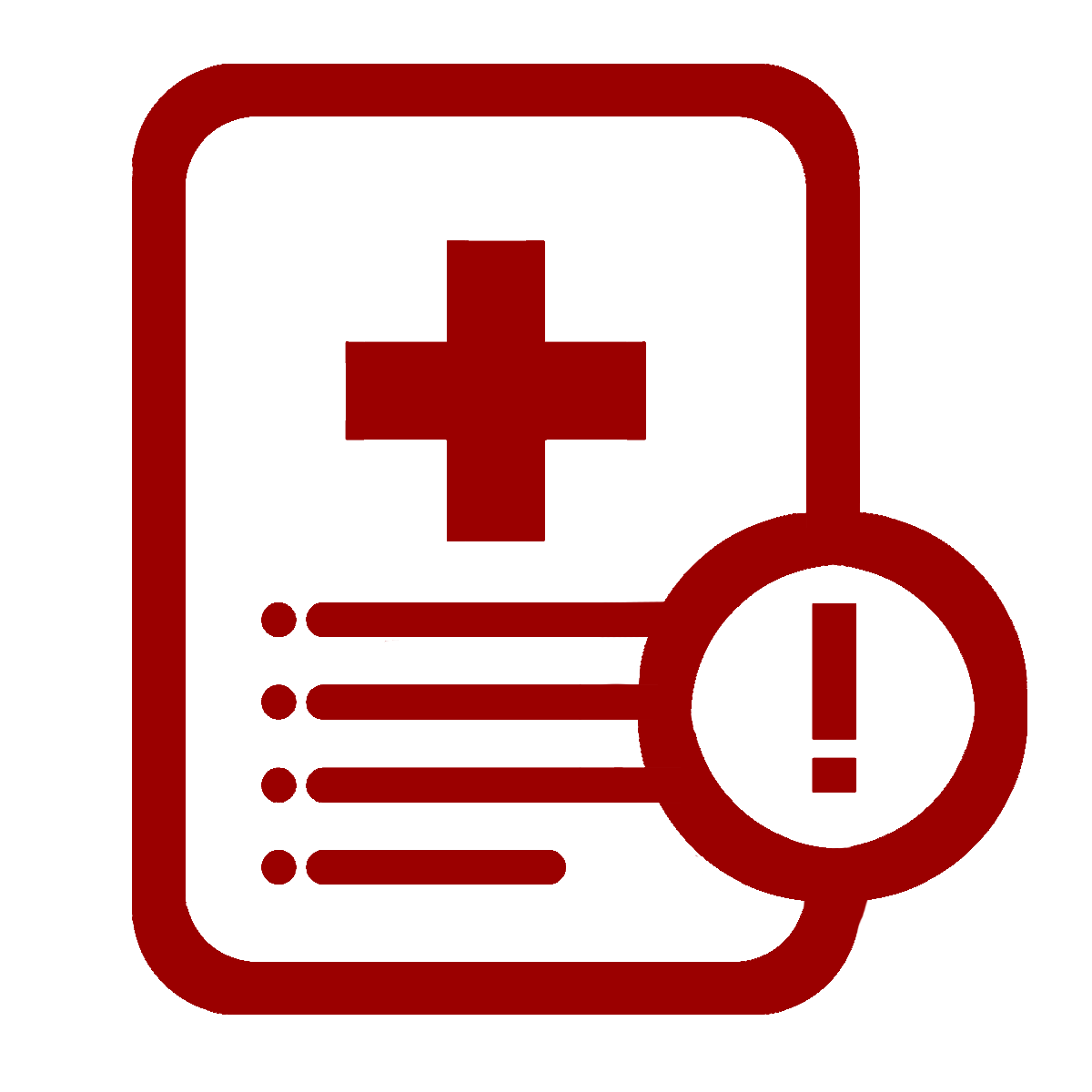
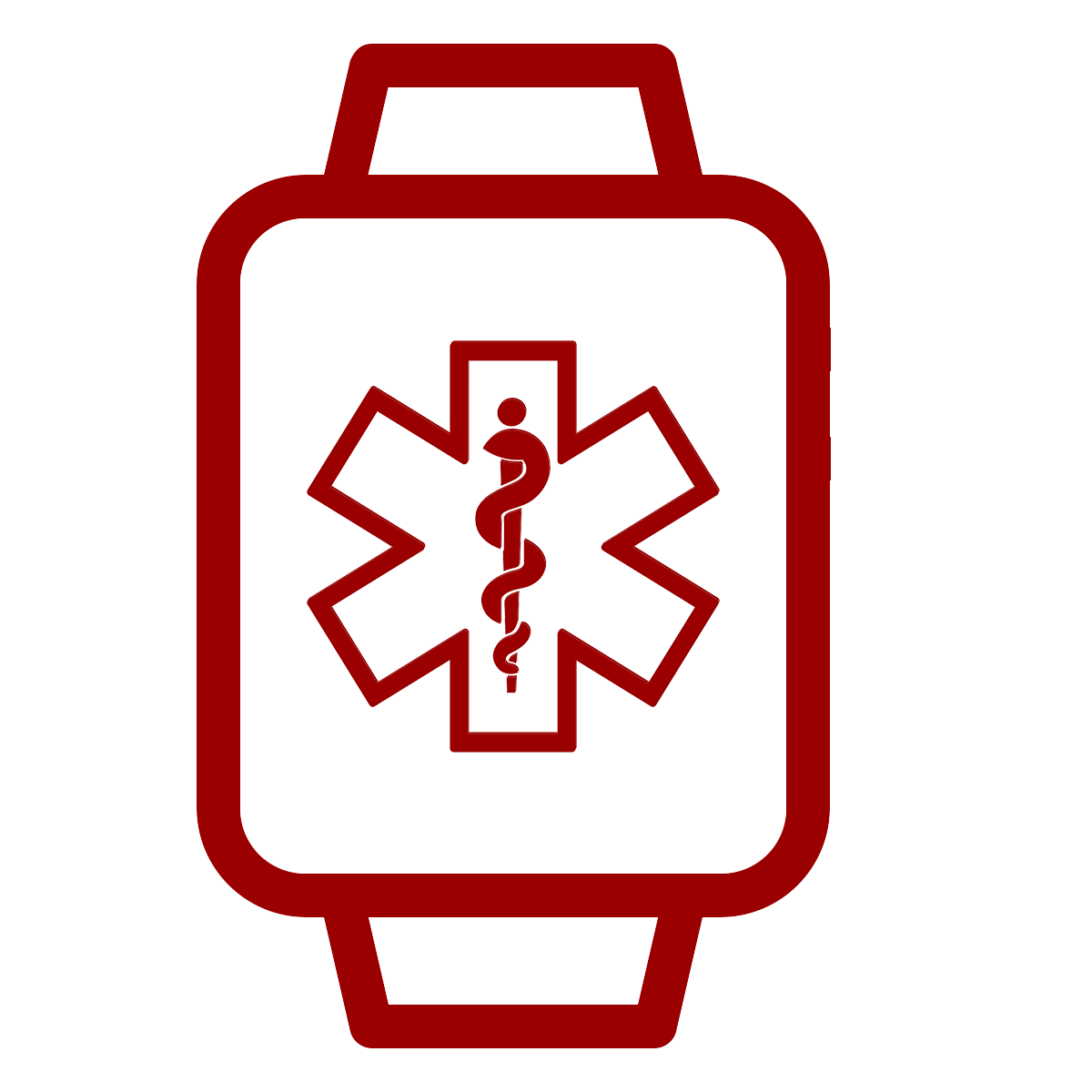
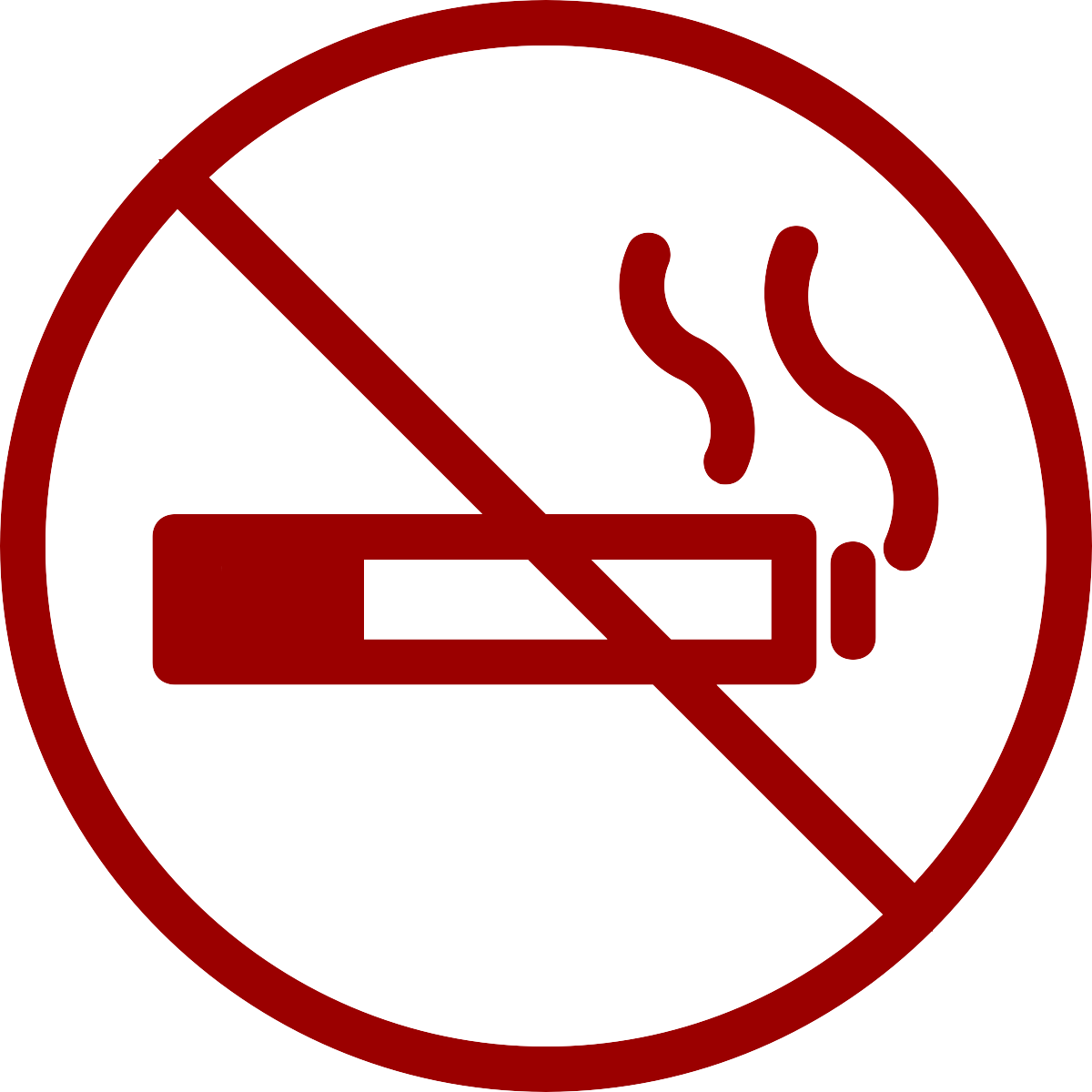
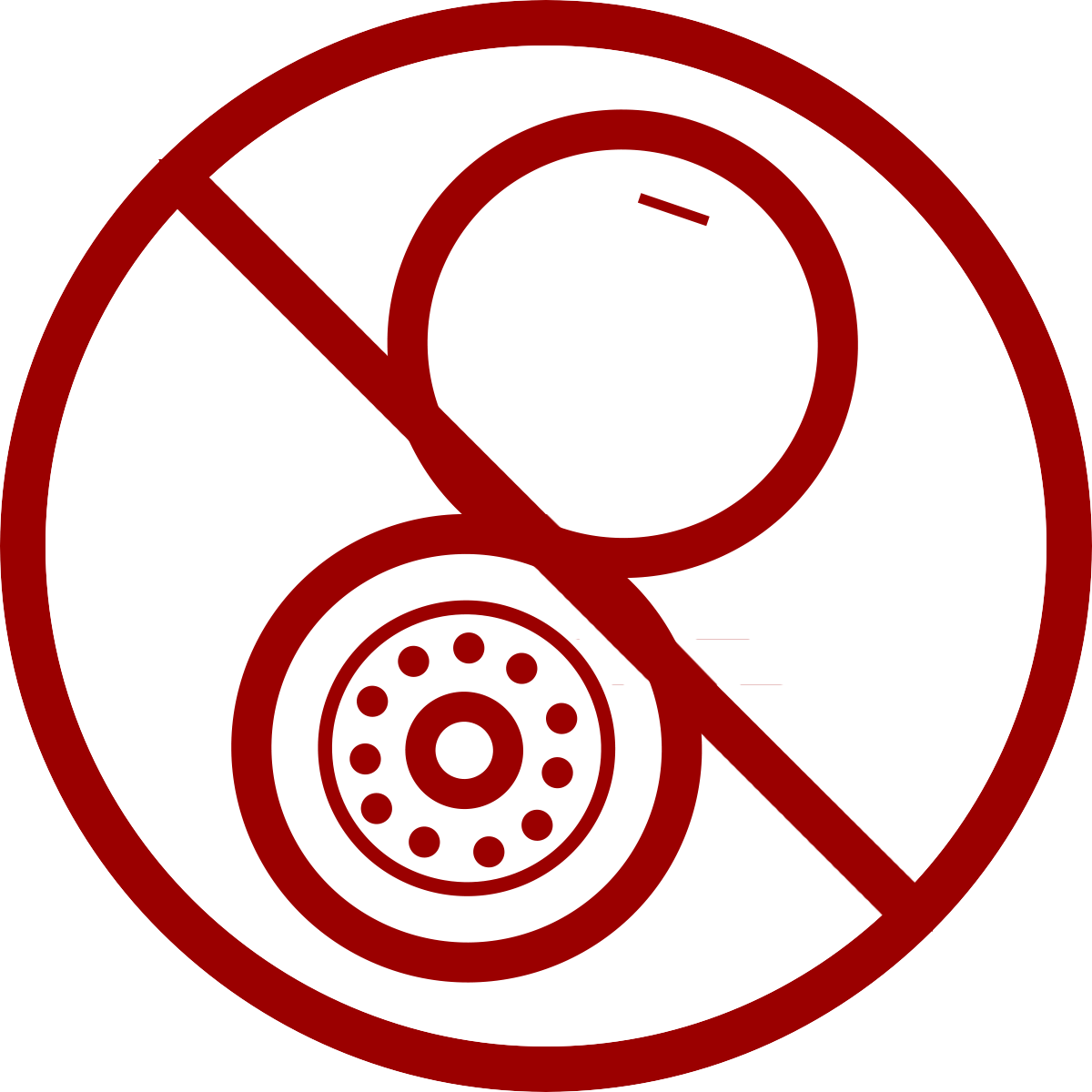

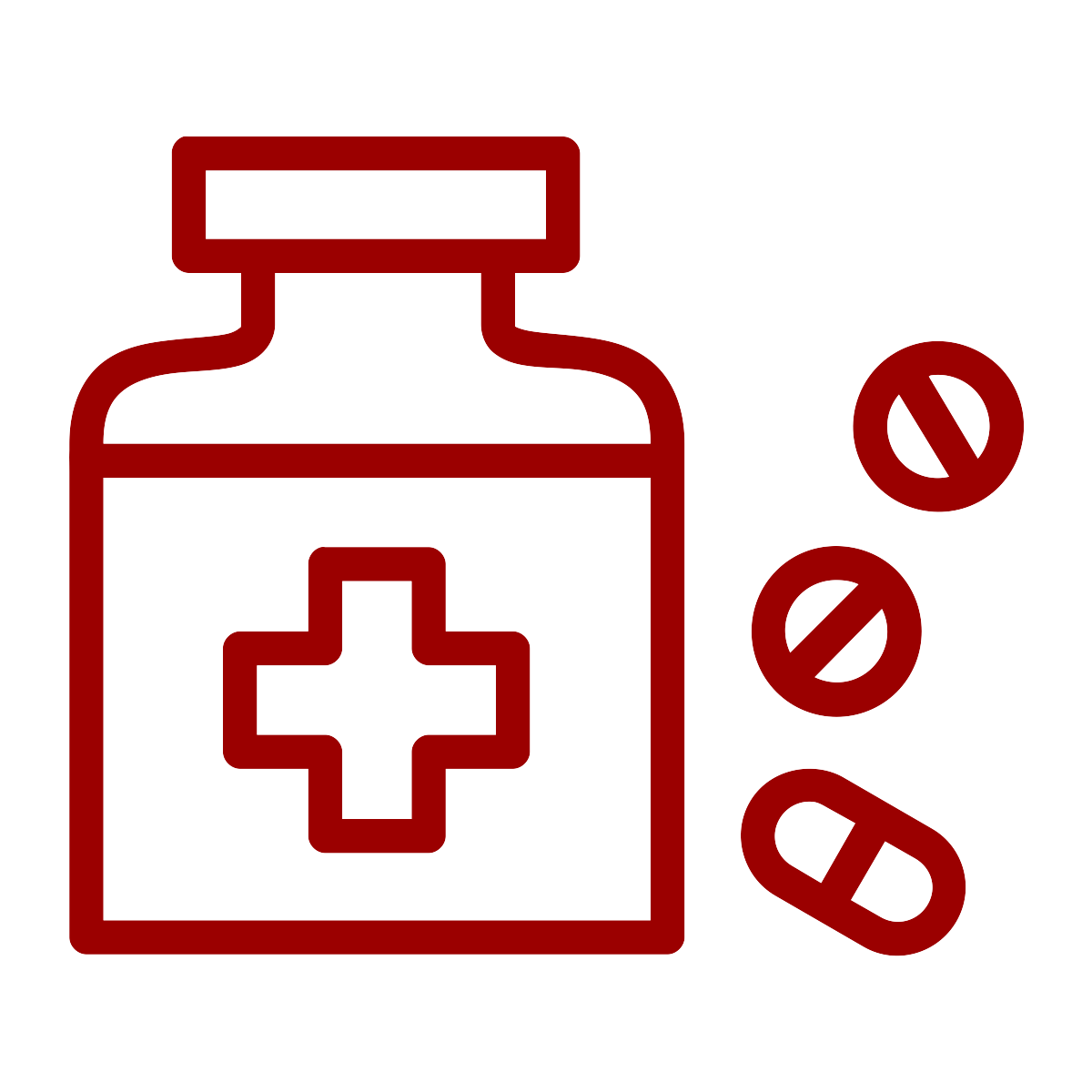







Our Mission

Founded in 2005, the APS Foundation of America, Inc. is dedicated to fostering and facilitating joint efforts in the areas of education, public awareness, research, and patient services for Antiphospholipid Syndrome (APS) in an effective and ethical manner.
Information Sheets
DISCLAIMER: APS Foundation of America, Inc. website is not intended to replace standard doctor-patient visits, physical examination, and medical testing. Information given to members is only an opinion. All information should be confirmed with your personal doctor. Always seek the advice of a trained physician in person before seeking any new treatment regarding your medical diagnosis or condition. Any information received from APS Foundation of America, Inc. website is not intended to diagnose, treat, or cure. This site is for informational purposes only. Please note that we will be listing all donor or purchaser's names on the Donor page of our foundation site. If you do not want your name listed, please contact us to opt out. If you think you may have a medical emergency, call your doctor or 911 immediately.
